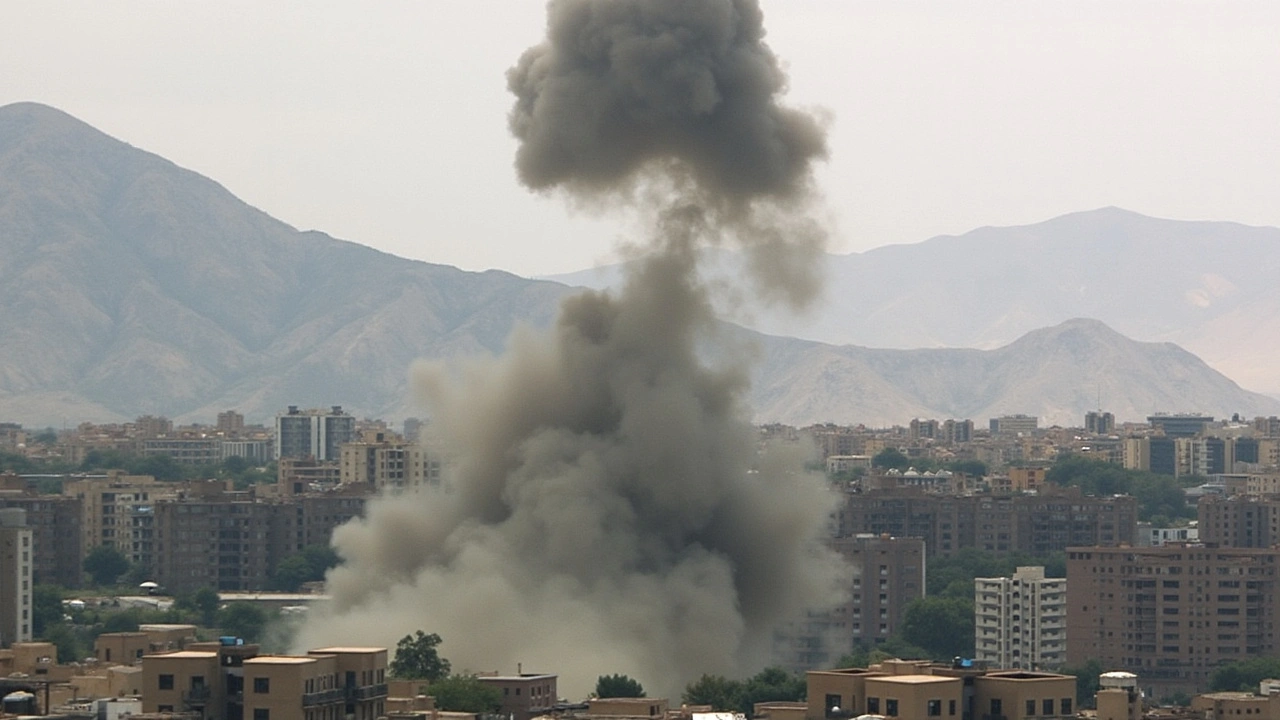Lebanon: politics, economy and life on the ground
Lebanon has been through a prolonged crisis since 2019, with an economic collapse, political paralysis and the devastating 2020 Beirut port explosion that left neighborhoods in ruins and shook daily life. People still face power cuts, fuel shortages and limited access to savings, while many families rely on remittances from relatives abroad to cover basic needs.
Politics in Lebanon is complex because power sharing among religious and political groups slows decisions and makes reform difficult. Watch for cabinet changes, parliamentary votes and any talks with international lenders — those moves affect public services, salaries and the pace of recovery.
The economy needs deep fixes: banks tightened withdrawals, the currency lost value, and inflation pushed prices up fast. Keep an eye on IMF negotiations, new banking rules and any subsidy shifts for fuel and medicine — these determine whether daily life eases or grows harder.
Security and regional ties
Armed groups and regional powers shape Lebanon’s security landscape, and events across the border in Syria or Israel can trigger immediate consequences at home. When skirmishes or diplomatic rows happen, expect sudden market swings, changes to public transport and hurried migration of people looking for safety.
Culture, travel and daily life
Lebanon’s culture is lively: vibrant music scenes, art shows, cafes that buzz and food that draws visitors from across the region. From Beirut nightlife to cedar forests and ancient ruins, there is plenty to see, but travel requires planning since services can be spotty.
If you plan to visit, check current safety advice, local news and entry rules, and expect power cuts or sudden transport strikes. Carry copies of documents, have local contacts, and book flexible accommodation in case plans change.
News coverage that matters focuses on direct impacts: which hospitals have fuel, whether schools open, which roads are closed and how families cope. We aim to bring clear updates, eyewitness accounts and practical context so you can understand how national decisions affect daily routines.
Expect fast changes: a single political deal or donor pledge can ease shortages quickly, while a new crisis can tighten conditions overnight. Follow policy updates, local reporting and statements from international organizations to judge whether relief will reach people soon.
Remember the human side: families adapt, entrepreneurs innovate and communities rebuild with limited resources, so look for stories that show resilience and practical solutions. We prioritize those voices because they tell you what policy changes actually mean for people living in towns and refugee camps alike.
Bookmark this Lebanon tag for fast updates on politics, the economy, security and culture, and check back often when events accelerate. We publish clear summaries, long reads and witness reports so you can follow developments without wading through noise.
If you want alerts, sign up for our newsletter or follow our social channels — we flag major events, travel warnings and expert analysis that explain what each headline means for daily life. Stay informed; a little knowledge helps people adapt quickly today.
- September 24, 2024
- Comments 9
- World News

